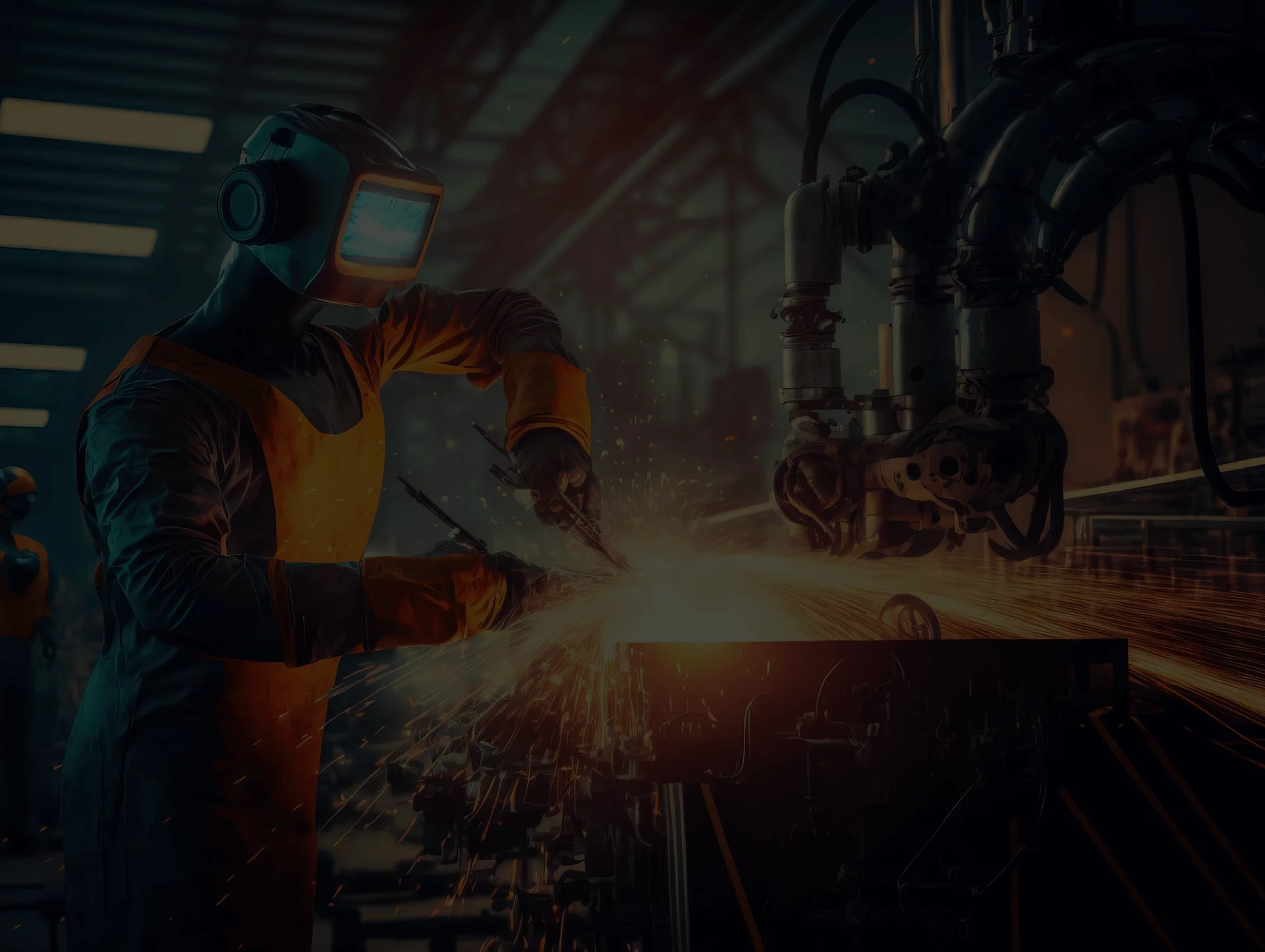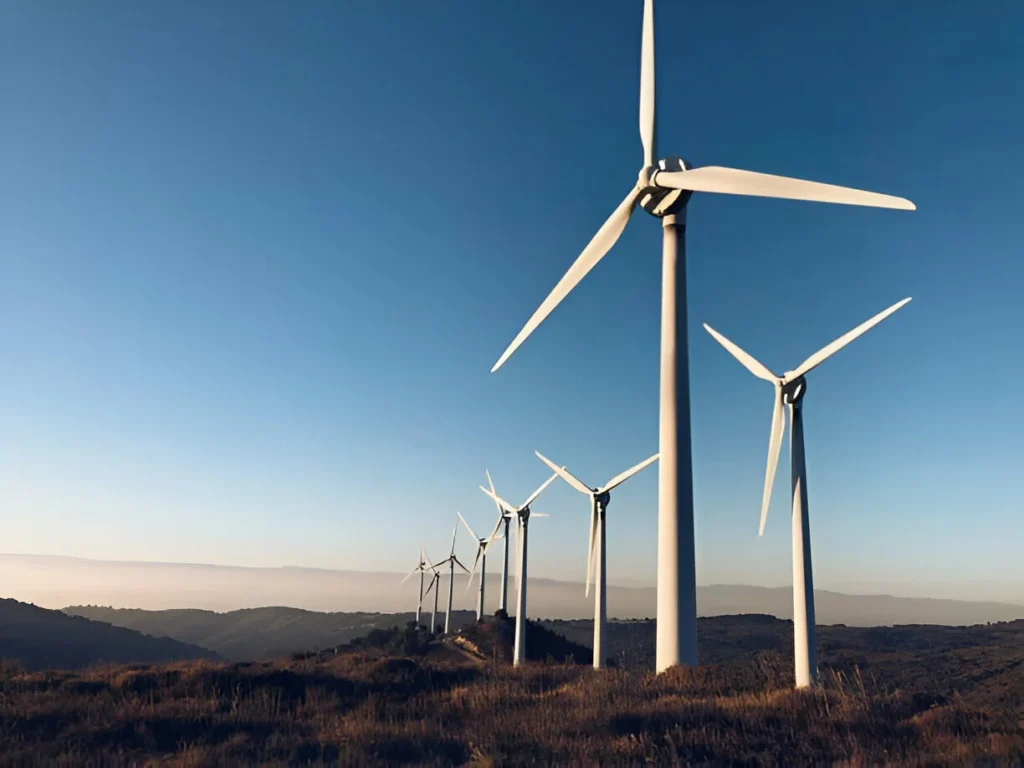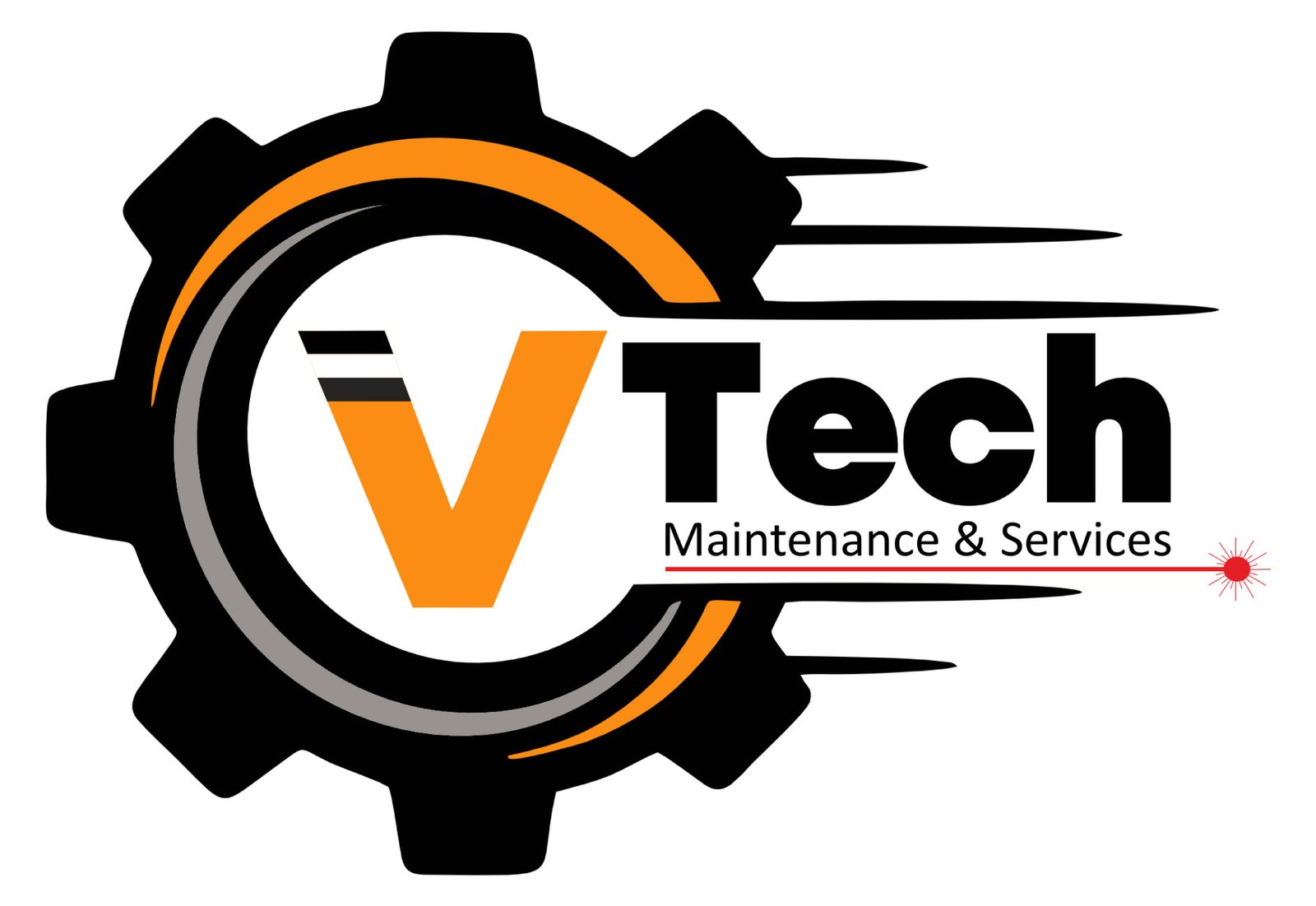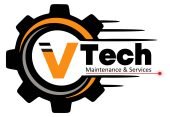

Wind Power Industry
Wind Power Industry
In wind power plants, proper alignment of rotating and stationary components is critical to ensuring the efficiency, reliability, and longevity of wind turbines. Laser shaft alignment, geometrical alignment, and belt alignment play essential roles in maintaining the performance of wind turbines. Here's how each type of alignment benefits wind power systems:

1. Laser Shaft Alignment
Purpose: Ensures precise alignment of coupled rotating shafts, such as the main shaft, gearbox, and generator, to minimize mechanical losses and wear.
Benefits:
Applications in Wind Power:
Main shaft to gearbox alignment: Ensures smooth power transmission from the rotor.
Gearbox to generator alignment: Reduces torque losses and prevents mechanical failures.
Yaw & pitch motor alignment: Enhances efficiency in adjusting blade angles.
2. Geometrical Alignment
Purpose: Ensures correct positioning of structural and mechanical components by verifying flatness, straightness, perpendicularity, and parallelism.
Types of Geometrical Alignment:
Yaw system alignment: Ensures correct positioning of the nacelle for optimal wind tracking.
Tower verticality check: Ensures proper weight distribution and structural stability.
Blade pitch alignment: Maintains correct blade angles to maximize power output.
Foundation flatness: Ensures stable tower installation.
Benefits:
Applications in Wind Power:
Tower & nacelle alignment: Ensures stability and correct force distribution.
Blade alignment: Maximizes energy capture and reduces aerodynamic losses.
Pitch & yaw control systems: Enhances turbine performance and reduces mechanical failures.
3. Belt Alignment
Purpose: Ensures pulleys and belts in belt-driven systems are properly aligned to improve power transmission and reduce wear.
Benefits:
Applications in Wind Power:
Yaw system drive belts: Ensures smooth nacelle rotation for optimal wind tracking.
Cooling system fans: Enhances cooling efficiency for generators and gearboxes.
Auxiliary power systems: Ensures reliable operation of hydraulic and electrical subsystems.
Importance of Alignment in Wind Power Plants
1.Enhances Turbine Efficiency: Proper alignment reduces energy losses and maximizes power output.
2.Extends Equipment Lifespan: Reduces wear on bearings, shafts, and structural components.
3. Reduces Maintenance Costs: Minimizes unplanned repairs and increases uptime.
4. Improves Safety & Reliability: Prevents mechanical failures that could lead to turbine downtime or accidents.
5. Optimizes Power Generation: Ensures the drivetrain operates smoothly with minimal energy loss.







